A now-viral list of slang that is banned in one teacher's classroom is sparking a debate online, with many users calling out the racist undertones of the list.
X user @hearts4zaniyahh posted the list with the caption:
"How yall feel bout this?"
The list of prohibited words and phrases begins with a paragraph explaining the rationale behind the new mandate as well the consequences for any infractions.
The list, with the heading "These words/sayings are prohibited in my classroom!" begins by first warning:
"If you are caught using these words, you will write a short essay explaining why you chose to use these words in an academic setting to express yourself. There are many ways to articulate what you need to say without using slang."
"Please know that using slang in an academic setting can diminish your capability to become a successful writer. More often than not, the way you speak is the way you will write."
The introduction continued:
"The gibberish some of you choose to use is improper English and sometimes inappropriate for an academic setting."
"This is an educational institution, and you will carry yourself as scholars in my classroom!"

The list is comprised of 32 words and/or phrases ranging from "Bruh" to "Bet!" to "It's giving." It also ends with some asterisks denoting the list is "subject to change."
You can see it in its entirety below.
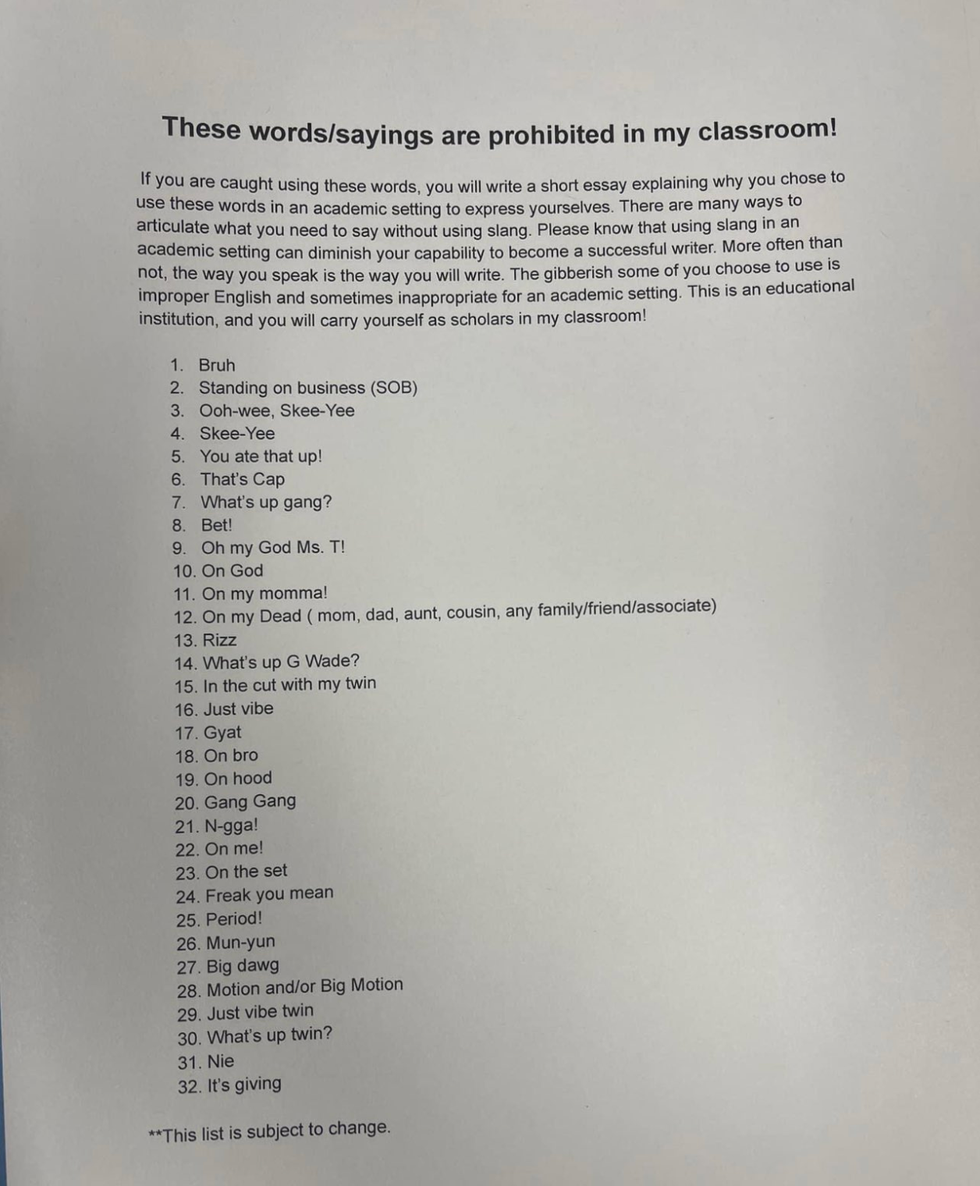
Some viewers of the list felt the teacher was just "doing her job."
Others, however, argued the teacher "doesn't value the language of her students," with many adding that the list seems "anti-Black."
A few also expressed there are other more constructive ways to implement "proper English" in student writing.
At the time of writing, the tweet has been quoted and reposted more than 10,000 times and has acquired more than 4,000 comments on the original post, and it doesn't seem like the debate will settled anytime soon.
We would love to know where you stand on this.

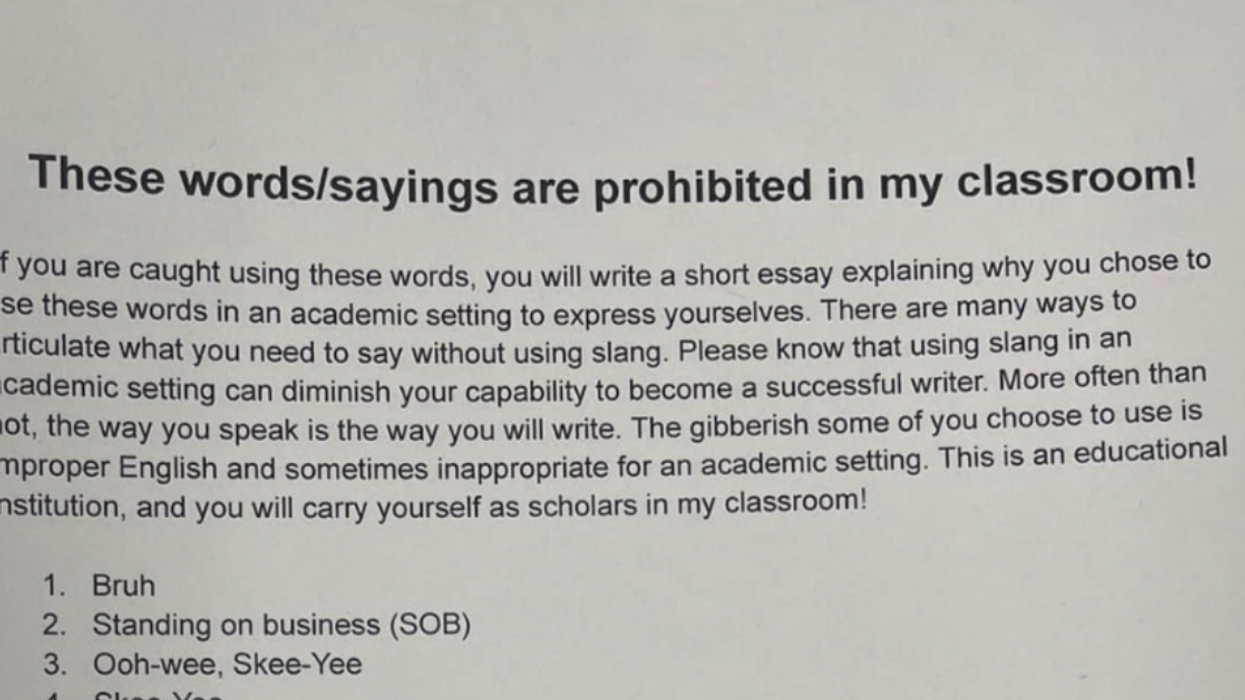


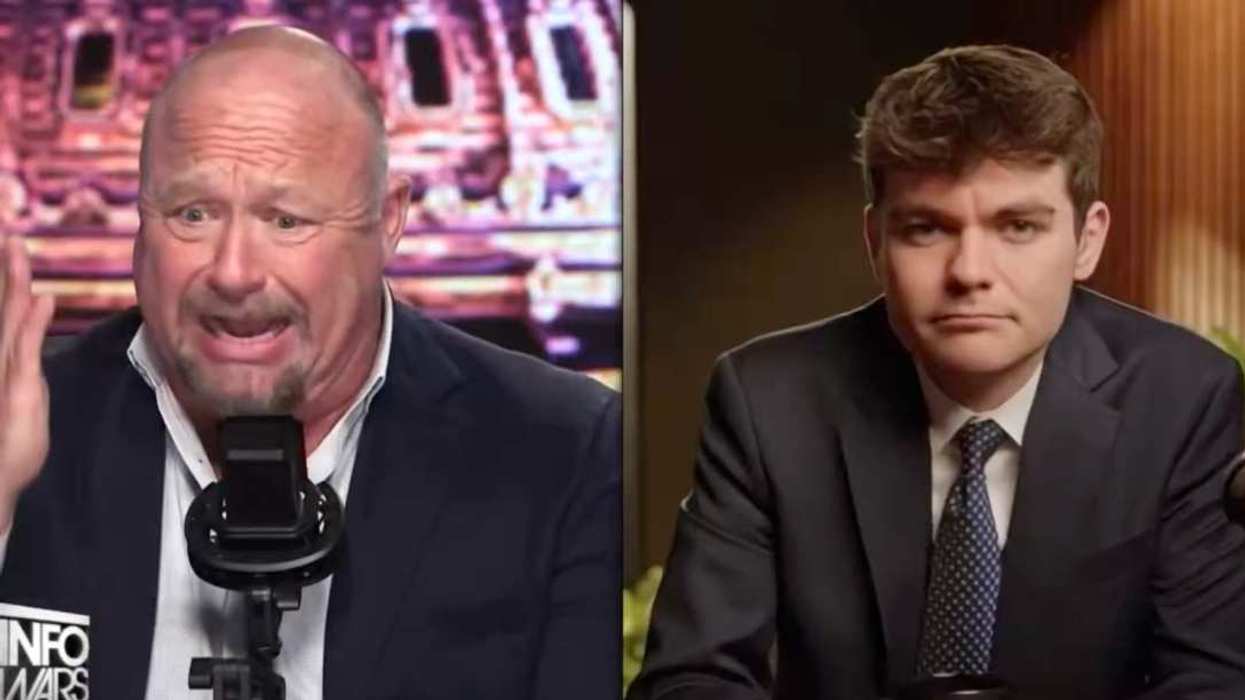
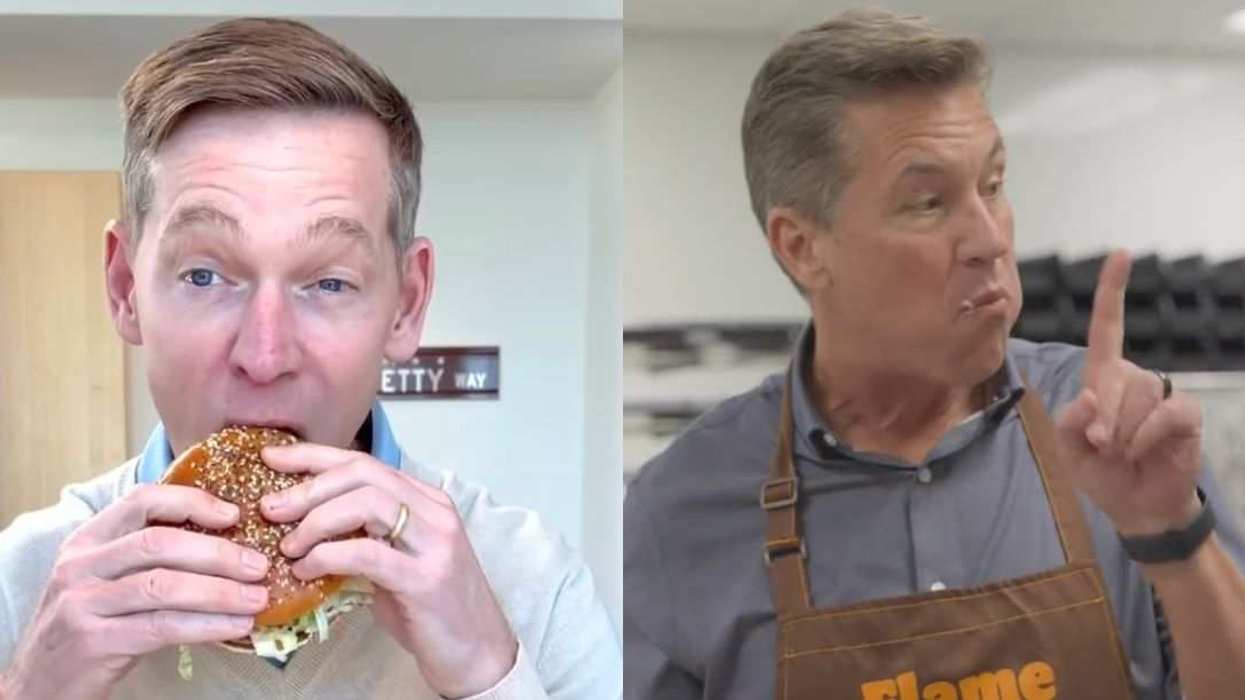





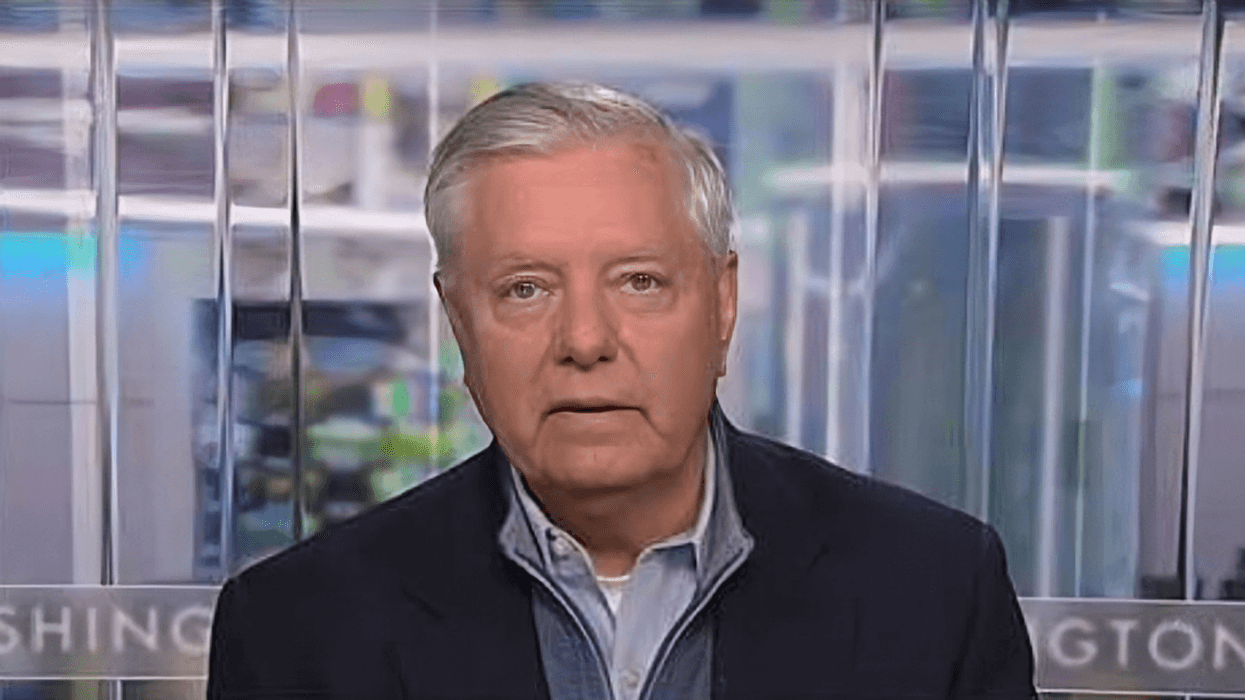

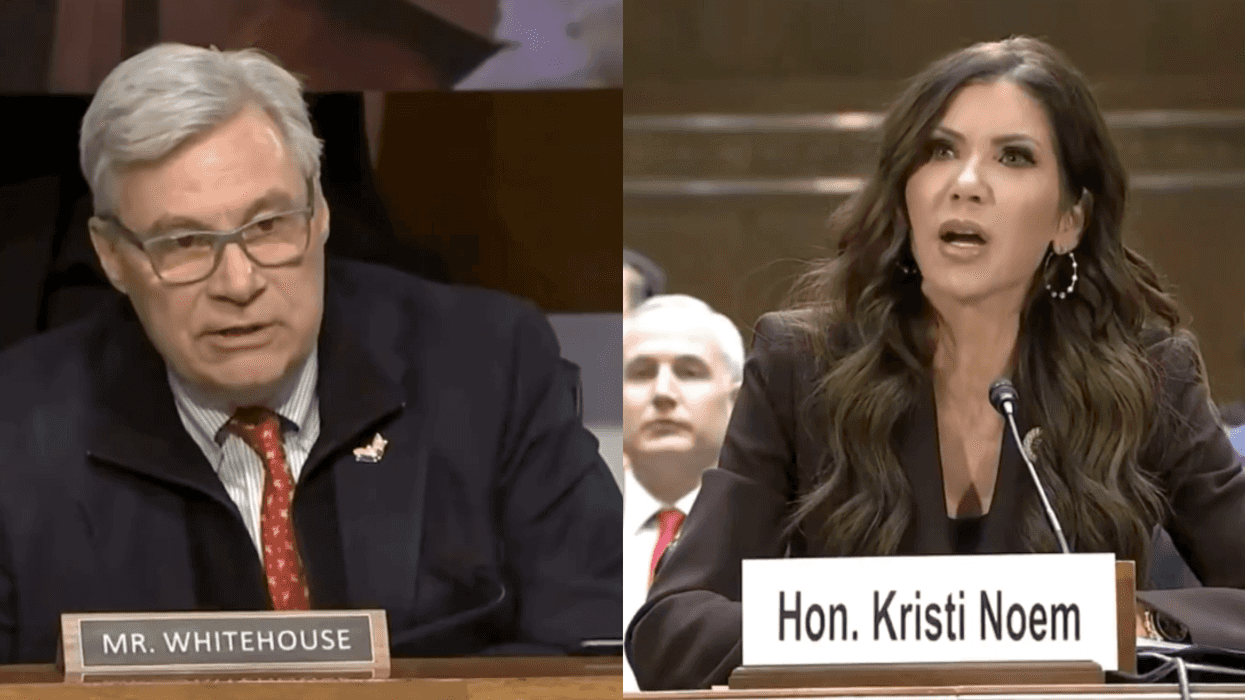
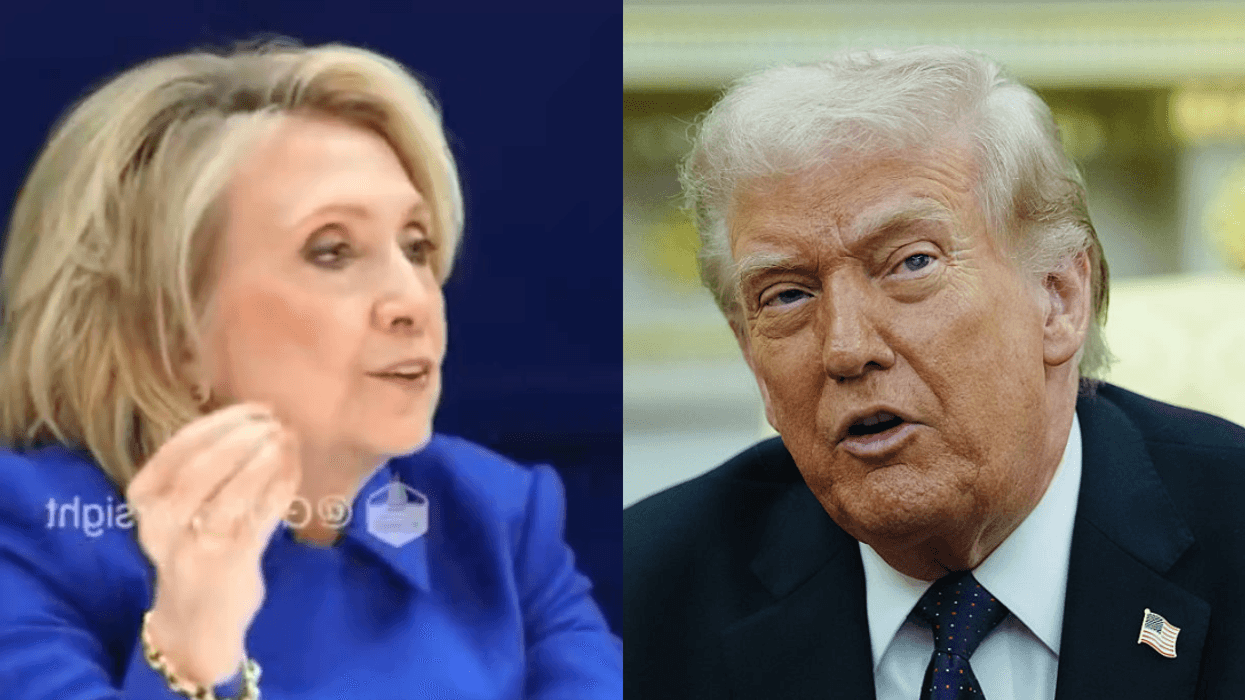

 @CNN/Instagram
@CNN/Instagram @CNN/Instagram
@CNN/Instagram @CNN/Instagram
@CNN/Instagram @CNN/Instagram
@CNN/Instagram @CNN/Instagram
@CNN/Instagram @CNN/Instagram
@CNN/Instagram @CNN/Instagram
@CNN/Instagram @CNN/Instagram
@CNN/Instagram @CNN/Instagram
@CNN/Instagram @CNN/Instagram
@CNN/Instagram @CNN/Instagram
@CNN/Instagram @CNN/Instagram
@CNN/Instagram @CNN/Instagram
@CNN/Instagram @CNN/Instagram
@CNN/Instagram @CNN/Instagram
@CNN/Instagram @CNN/Instagram
@CNN/Instagram @CNN/Instagram
@CNN/Instagram @CNN/Instagram
@CNN/Instagram @CNN/Instagram
@CNN/Instagram @CNN/Instagram
@CNN/Instagram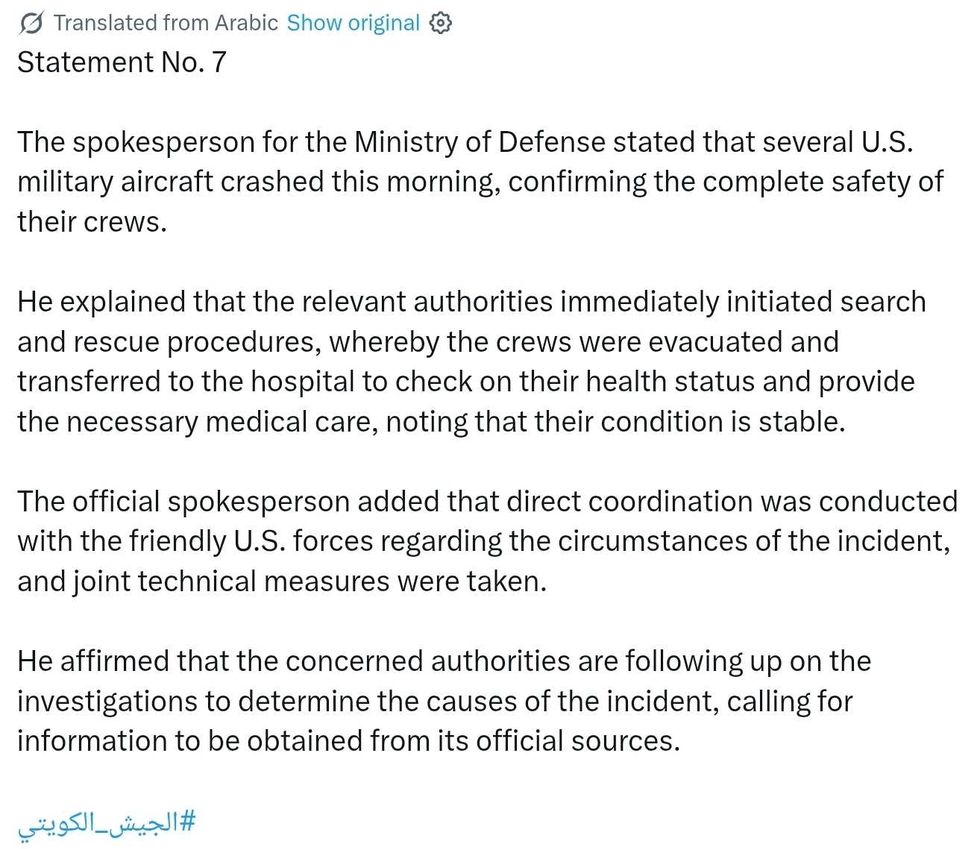
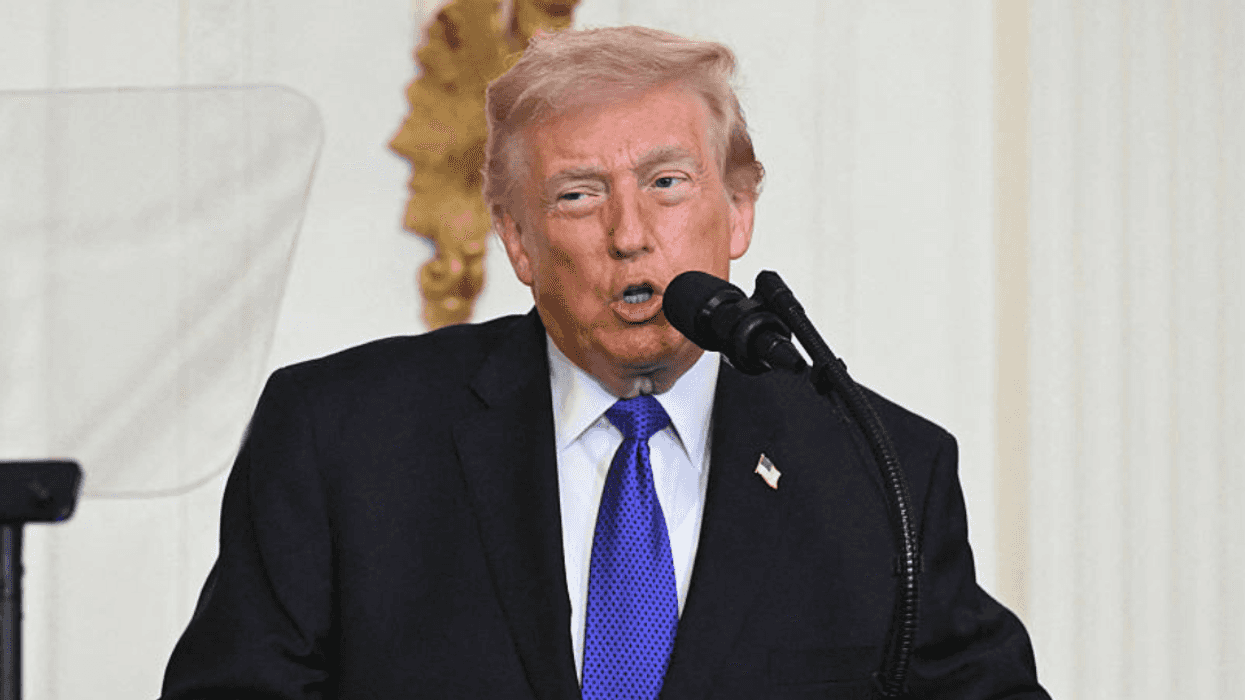
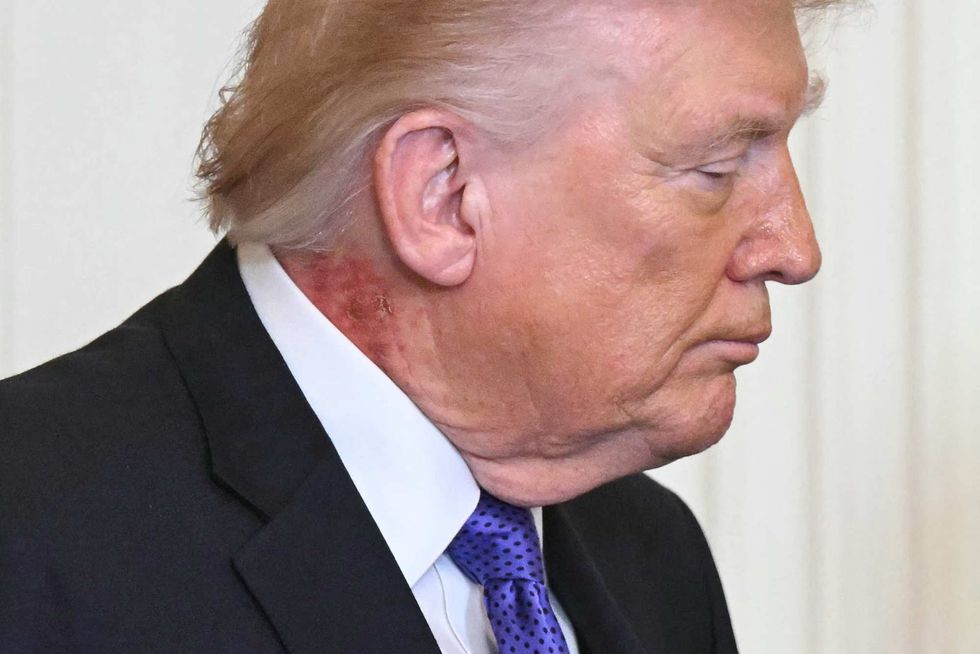 Saul Loeb/AFP via Getty Images
Saul Loeb/AFP via Getty Images